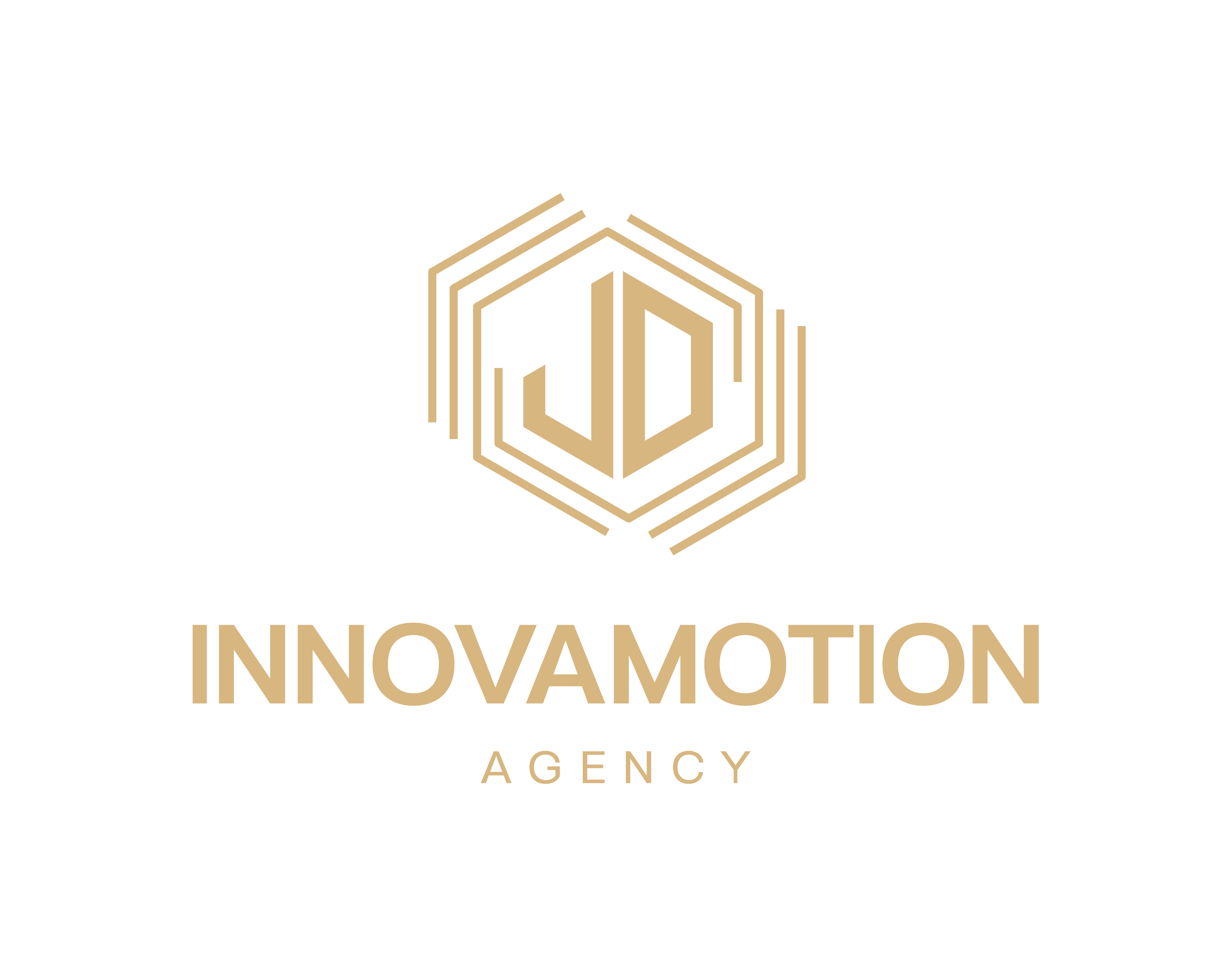Your first steps as an entrepreneur
As an entrepreneur, your idea, knowledge, and strategy are your most valuable assets. However, sharing information with partners, suppliers, or investors can expose you to risks if you don't have adequate legal protection. This is where the confidentiality agreement, also known as an NDA (Non-Disclosure Agreement), comes in. In this article, we explain when you need one, how it works, and what elements it should contain.
What is a confidentiality agreement (NDA)?
An NDA is a legal agreement between two or more parties that establishes a commitment not to disclose confidential information shared during a professional or business relationship. Its purpose is to protect trade secrets, business strategies, technological developments, databases, product ideas, among others.
When should you use an NDA as an entrepreneur?
As an entrepreneur, you should consider signing an NDA in the following cases:
- When presenting your idea to potential investors
- When hiring external freelancers, developers, or designers
- When partnering with another company or collaborator
- When sharing sensitive information with suppliers
- When participating in acceleration or incubation processes
In short, any time you share strategic information that shouldn't become public or reach competitors.
What information can an NDA protect?
A confidentiality agreement can protect, among other things:
- Business plans
- Information Financial
- Formulas, designs, or prototypes
- Customer lists
- Algorithms or technological developments
- Marketing strategies
What should a good confidentiality agreement contain?
A well-drafted NDA should include:
- Clear definition of what is considered "confidential information"
- Term of the agreement
- Obligations and restrictions of the parties
- Legal consequences in case of breach
- Signature of all parties involved
Furthermore, it can be unilateral (one party discloses and the other receives) or bilateral (both parties exchange information).
What happens if you don't sign an NDA?
Without an NDA, there is no clear legal protection for the shared information. If someone discloses or uses your idea without permission, it will be much more difficult to defend your rights before an authority or court. Therefore, prevention is always better than reacting to a leak.
Conclusion
As an entrepreneur, you need to be strategic not only with your ideas, but also with how you protect them. A confidentiality agreement is a simple but powerful tool that can make the difference between growing safely or risking everything. If you're going to share key information, do so with legal support.
Do you want a professional NDA tailored to your project?
At InnovaMotion Agency, we help you draft and formalize confidentiality agreements tailored to your business. Protect your idea before sharing it and act like the professional you already are.
